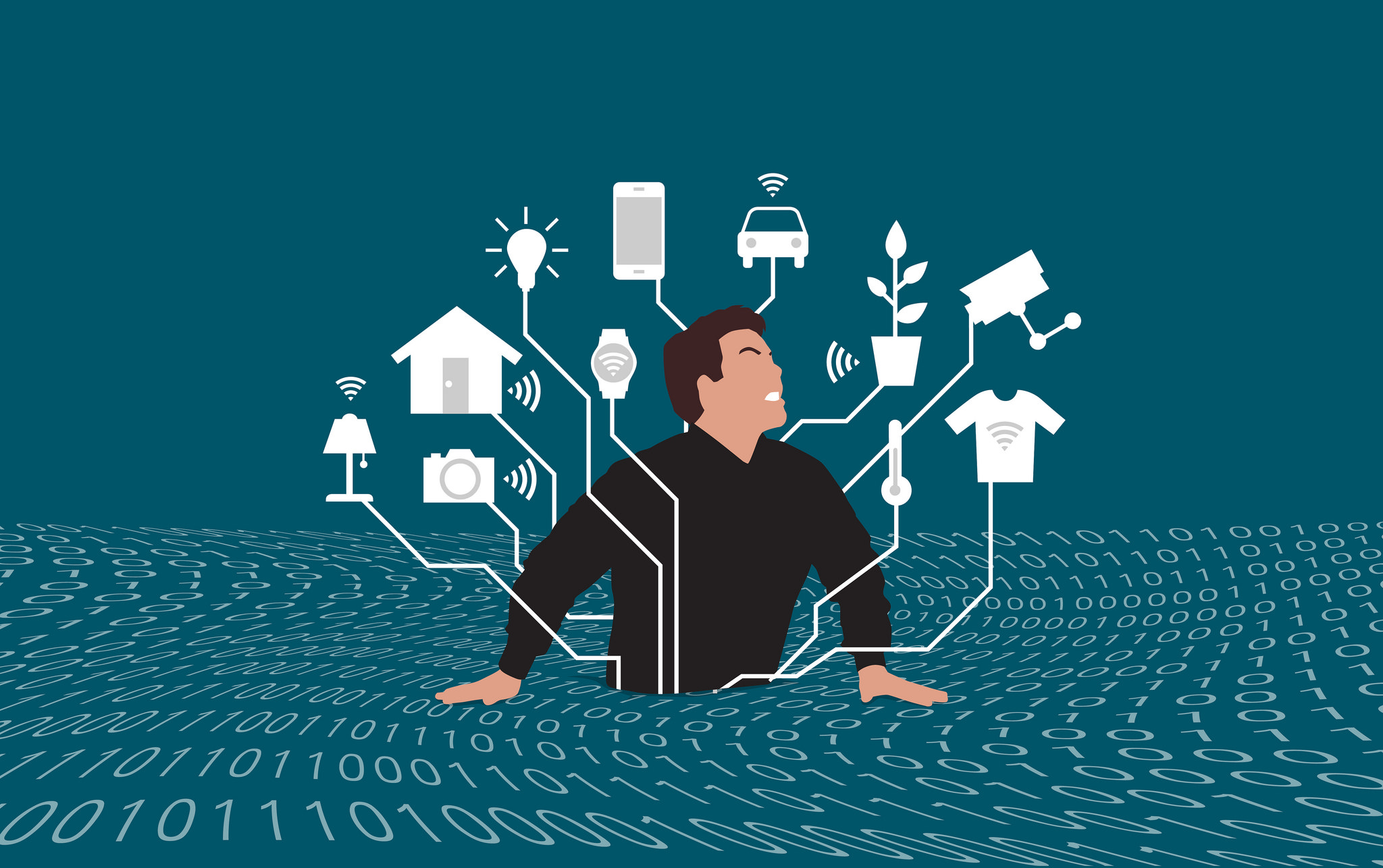You’re not alone if using social media causes you to miss several minutes, if not hours, at a time. This is because social media was initially designed to connect with family and friends.
Still, it has since developed into a coveted hobby that people of all ages enjoy. According to DR. NANCY DEANGELIS, CRNP, Director of Behavioral Health, social media sites cause dopamine surges in the brain to entice users to return repeatedly.
In addition, the brain’s reward center is activated by the shares, likes, and comments on these platforms, producing a high comparable to what people experience when they gamble or use drugs.
The use of social media has grown in popularity, particularly among teenagers and young adults. YouTube is used by 85% of teenagers aged 13 to 17, Instagram by 72%, and Snapchat by another 69%. In 95% of cases, teenagers own smartphones, and 45% claim to be online all the time.
Your connectedness will increase if you use the internet or social media, but social media risks can have adverse effects.
Social media may be something you appreciate and use frequently, but are you “dependent” on it?
There is no formal classification for “social media addiction.” But excessive use of social media is becoming more widespread today, and it could seriously harm your physical and emotional well-being.
Social media use can negatively affect your brain, like other behavioral habits. For example, you might engage in obsessive and excessive social media use.
Scrolling through messages, images, and videos can become a habit that interferes with other aspects of your life. Some specialists say up to 10% of Americans may be addicted to social media.
However, the percentage of people with social media addiction may be higher, given how widespread social media use is.
Social media users do not all become addicted to it. However, as this pastime becomes more accessible, more people may eventually become addicted to social media.
Read Also:
What Risks Do Social Media and other Technology Devices Raise?
While social media can seem like mindless, soothing entertainment, it significantly impacts your brain. Social media is one of the US’s most widely used amusement and social interaction platforms.
Unfortunately, social media can foster the ideal environment for cyberbullying even though it makes it simpler than ever to connect and converse with friends, family, and people worldwide.
Cyberbullying
One of the most severe risks associated with social media is cyberbullying. This results from peers and coworkers bullying others on social media after school hours.
Process addiction
Social media can also lead to a process addiction, which makes you use the site constantly. It can be challenging to stop using social media if you become addicted.
Addiction to social media can harm your social life and daily activities.
Withdrawal Tendencies
If you spend too much time on social media, there are tendencies of you to withdraw from others and avoid face-to-face encounters.
This may significantly impact your interpersonal, social, and communication abilities.
Social Media Obsession
Obsessing what other people are sharing on social media is one of the additional risks it poses. This frequently results in mood swings like depression and worry.
Dopamine signals in your brain grow whenever you access your favorite applications. The neurotransmitters in question are linked to joy.
Your brain recognizes social media use as a rewarding activity you should repeat when you feel more dopamine. You might experience this more each time you share something and get supportive comments.
Unfortunately, the good emotions felt while using social media are fleeting. Other addictions exhibit the same brain activity as this positive reward.
You’ll return to the source (in this instance, social media) for more as the feel-good dopamine wears off.
Social media can occasionally provide a pleasant diversion if you’re stuck at home or sick at work. Your brain will begin to convince you that participating in this action can lessen loneliness as you do so.
The risks of social media can include psychological addiction, just like other obsessive behaviors.
How can you tell if you’re addicted to social media?
You can find out from a mental health professional if you have a social media or other time-distracting technological devices like gaming pads addiction or appreciate using it.
But significant differences exist between a habit you appreciate and a social media addiction. These consist of negative impacts of excessive social media use on your work or academic performance (e.g., scrolling through your apps at work or instead of studying)
- Increased use while engaging in other tasks, like socializing with family and friends or eating,
- Greater dependence on social media as a coping mechanism
- You constantly consider social media when you aren’t using it, to the point where you use it immediately whenever you can.
- Spending the bulk of your time on social media or considering it
- When you aren’t using social media, you experience anxiety or agitation.
- Using social media while ignoring duties, such as schoolwork
- Anxiety when you can’t access social media
Read Also: Why technology is making us less social?
How To control your use of these technological devices and Social Media
Finding methods to restrict your use of social media is crucial when you recognize that your usage patterns are a sign of a process addiction.
For example, you can try putting time restrictions on your internet use or removing those apps from your phone if you’re beginning to spend too much time on social media. Some of your social media accounts can also be deleted.
Early treatment is crucial if you show symptoms of social media addiction. Because both behavioral and physical addictions similarly alter your brain’s chemistry, addiction to one substance or behavior raises your risk of getting a substance abuse disorder in the future.
Take into account the following advice to help you maintain a better equilibrium on social media:
- The social media apps on your smartphone should be removed.
- Even though you can still view them on your computer, deleting them from your phone may encourage you to use social media less frequently.
- Turn off your phone during work, education, meals, and recreational pursuits. Additionally, you can change the settings on each social media tool to disable certain notifications.
- Decide how much time you will spend each day on social media. Then, to help hold you responsible set a timer.
- Keep your computer, tablet, and phone away from your sleep.
- Take up a new pastime that has nothing to do with electronics. Sports, the arts, cooking courses, and more are examples.
- Try to visit your friends and relatives in person when it’s feasible.
To get some real-life grounding, it’s also crucial to take regular breaks from social media entirely. Your break may last for a single day each week, a whole month, or an entire season, depending on your requirements. B
But, again, let yourself, not your social media account, be responsible for this choice.
Conclusion
The fact that technology has made it so simple to access social media is another factor contributing to how difficult it is to overcome social media addiction without assistance.
As a result, a crucial component of your rehabilitation is learning coping mechanisms for triggers.
The good thing is that you can reduce your total use, whether you have a social media addiction or are simply using your apps more than you should.
You can help avoid an overreliance on social media before it becomes harmful by taking regular breaks and establishing clear boundaries for yourself and your kids.
There are methods to treat social media addiction if you believe you may have it to improve your overall well-being. Don’t be afraid to ask a mental health expert for assistance if you are struggling with this problem.

